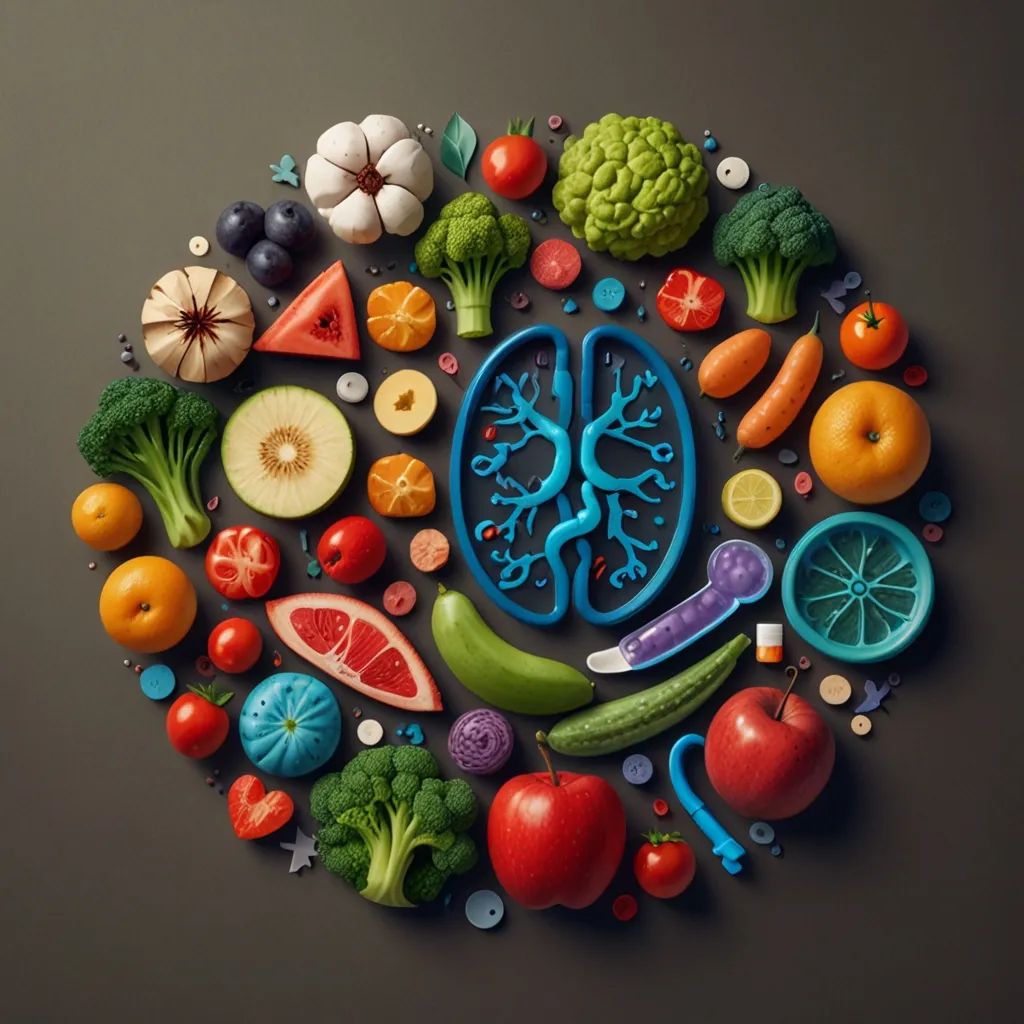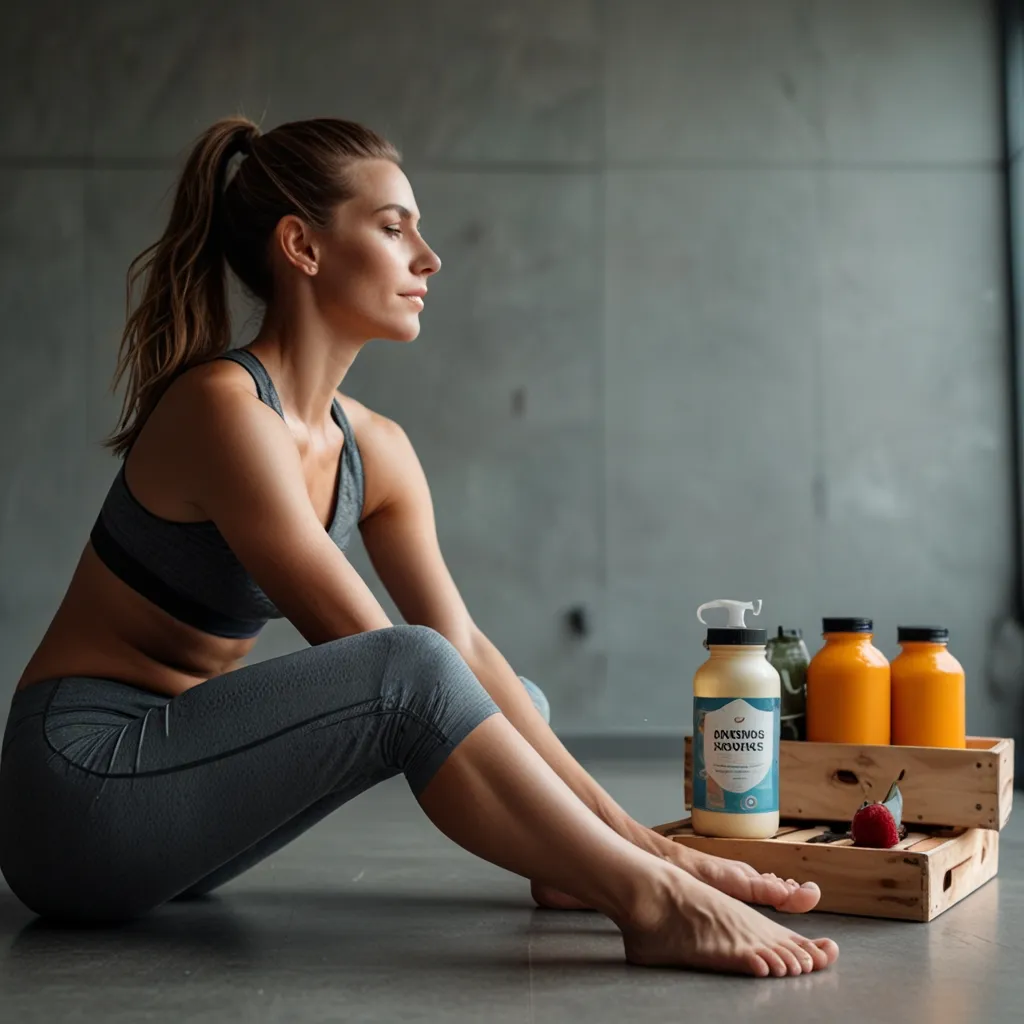Kidney disease is one of those sneaky conditions that affect millions around the globe. It’s often dubbed the “silent epidemic” because, usually, there are no symptoms until the damage is quite advanced. The good news? With some good management and the latest treatments, it’s totally possible to prevent or manage kidney disease. Let’s talk about some straightforward ways to improve kidney function and lower the risk of developing kidney issues.
It’s essential first to understand what puts you at risk. The big two are diabetes and high blood pressure. Other risks include heart disease, obesity, family history, past kidney damage, and aging. Did you know that African Americans, Hispanics, and Native Americans have a higher risk than white folks? And as we get older, our kidneys naturally lose some of their mojo.
If you’re dealing with diabetes, high blood pressure, or other risk factors, have a chat with your doctor about prevention and management. They can run some blood and urine tests to check how well your kidneys are filtering blood and spot any proteins that might indicate kidney damage. Your doc should help you keep tabs on your blood sugar, blood pressure, and weight while guiding you through some healthy lifestyle changes.
If you have diabetes, keeping your blood sugar in check is crucial. Diabetes can mess with the cells and blood vessels in your kidneys, potentially leading to kidney failure. That A1C test, which measures your average blood sugar levels over the past three months, is your new best friend. Also, if you’re prediabetic, making early lifestyle changes can prevent type 2 diabetes and reduce your kidney disease risk.
Managing high blood pressure is another biggie. High BP can damage your kidneys’ blood vessels, hampering their ability to filter waste. Aim to keep that blood pressure below 140/90 mm Hg. Taking prescribed medicines like ACE inhibitors and ARBs helps safeguard your kidneys.
Food-wise, healthy choices are critical. Think fresh fruits, veggies, whole grains, and low-fat dairy. Shoot for less than 2,300 milligrams of sodium per day and cut back on added sugars. Drinking lots of fluids is essential, but don’t go overboard. Staying hydrated helps your kidneys function well, but too much fluid can strain them.
And hey, exercise matters too. Regular physical activity can lower your risk of chronic kidney disease by reducing blood pressure and boosting heart health. No need to be a marathon runner; even walking, cycling, or dancing works wonders. Find what you love, and you’re more likely to stick with it.
Keeping a healthy weight is also vital. Obesity raises your kidney disease risk, so a balanced diet and regular exercise can help manage your weight effectively.
Quitting smoking and drinking alcohol in moderation are also smart moves. Smoking can damage your kidneys’ blood vessels, and too much booze can increase blood pressure and strain your kidneys.
Keep tabs on cholesterol levels as well. High cholesterol can lead to heart disease, which is linked to kidney disease. Keeping your cholesterol in check helps fend off heart attacks and strokes, which also indirectly protects your kidneys.
Getting an annual check-up is a must for early detection of kidney disease. Often, early stages of kidney disease don’t show symptoms, so tests might be the only way to confirm your kidneys’ well-being. Your healthcare provider will figure out how often you should get tested.
Don’t ignore urinary tract infections (UTIs) either. If you get a UTI, see your healthcare provider pronto. Untreated UTIs can lead to kidney damage. And if you ever pass a kidney stone, you’ll experience sharp pain spreading to the groin area; kidney stones increase the risk of kidney disease too.
Certain medications can affect your kidneys, especially nonsteroidal anti-inflammatory drugs (NSAIDs) like ibuprofen and naproxen. Regular use can harm your kidneys, so discuss your meds with your healthcare provider to understand their impact on kidney health.
All in all, keeping your kidneys healthy involves a mix of lifestyle changes and medical management. Knowing your risk factors, staying on top of your blood sugar and pressure, making healthy food choices, exercising regularly, maintaining a healthy weight, quitting smoking, moderating alcohol consumption, staying hydrated, monitoring cholesterol, getting regular check-ups, and being mindful of medications go a long way in reducing your risk of kidney disease. Make these part of your routine to keep your kidneys in tip-top shape.






